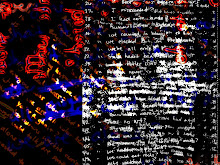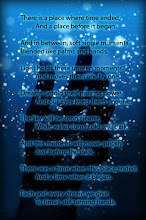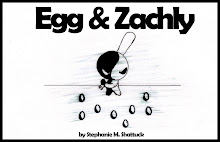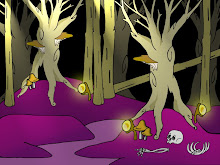In 1994, Paul Saffo wrote an essay titled The Place of Originality in the Information Age. This essay discusses the effects of technology on designer’s ability to create original works. While initially Saffo wrote about possible negative effects, in the end, I think he did feel that technology would further design as opposed to hinder it. To better understand Saffo’s later view, I will discuss a project done many years ago by Noah Webster. Of course, as you must know, Webster is credited with compiling the American Dictionary of the English Language in 1828. While I am sure this was an immense feat, it is not the project itself I will discuss, but rather it’s “never-ending” content. Have you ever thought of how many words are in the English language? Could someone ever add the last word to the dictionary? With words, there are restrictions. English only has 26 usable letters. If you are creative, you can even count Romaji (Japanese words in English form) and other words from different languages, but in the end you can only use 26 different little pictures. Even with its confining limits, an English dictionary can seem limitless. Each word is different and holds meaning – just like any design. Each word in fact is original, because when one letter is changed it is in fact a different word. Design has but one limit, and that is the limit we put on ourselves. I feel Saffo’s concern may have been related more to the individual’s character, than the “character” of technology. In his essay he quoted T.S. Elliot saying, “Where is the wisdom we have lost in knowledge? Where is the knowledge that we have lost in information?" Wisdom is derived. Deriving is an ability born from introspection which is directly related to one’s character. Our culture sometimes seems as if it has lost all its basic values. We wonder when the next leader with character will rise up. He may be the face of art, the face of music, or the face of our country. Saffo contemplated the new face of originality. With so many designers going through the motions of “copy and paste” and not deriving there art from their own talents, he worried that greatness may never find its way through to the next generation. But how many faces are there to find? The character and wisdom it takes to be original are just as rare as the character and wisdom it takes to be a good national leader. How many Michael Angelo’s, Mahatma Gandhi’s, and Martin Luther King’s were there? New technology/culture will define anyone who lets it, but he who has the character to display wisdom will redefine technology and culture. I would like to end with a quote from Paul Saffo himself, “We swim in a sea of culture, of memories old and new, and all our acts flow out in response to what we experience. In the coming age of infinite recall, I think we will rediscover a preindustrial fact: origin is not a point but a continuum, and the process of originality is much more linked than we imagine.”
Wednesday, November 14, 2007
Subscribe to:
Comments (Atom)



